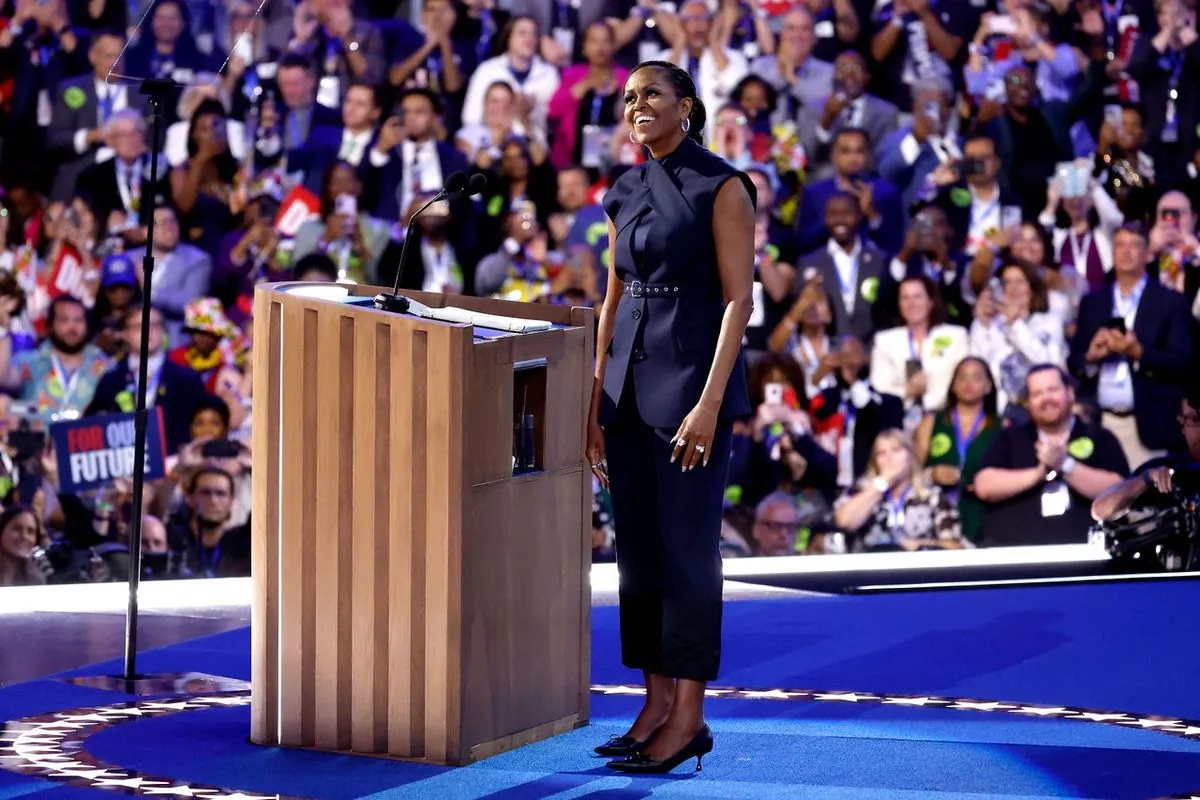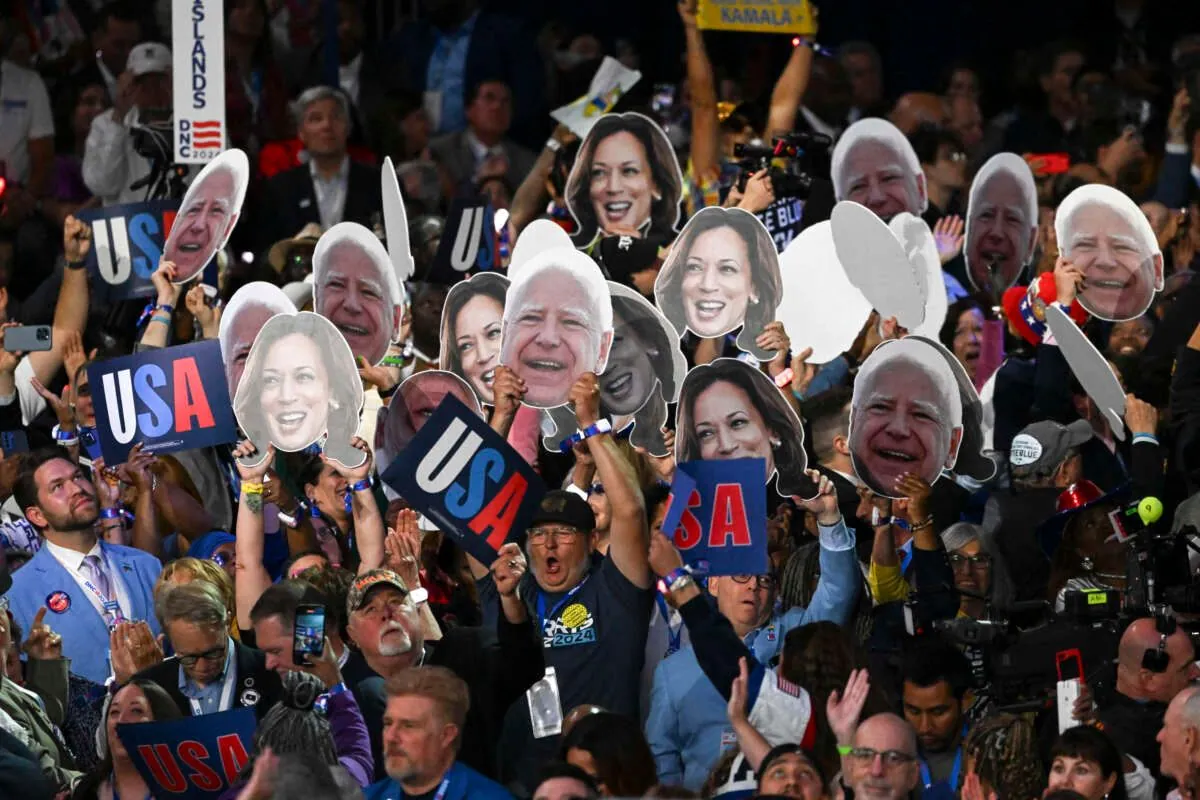DNC Rejects Gaza Speaker, Sparking Debate Among "Uncommitted" Delegates
Democratic National Convention organizers deny a speaking slot for discussing Gaza's situation, disappointing "uncommitted" delegates. The decision aims to maintain unity amid tensions over the Israel-Gaza conflict.

The Democratic National Convention, a quadrennial event dating back to 1832, has faced a contentious issue regarding the ongoing Israel-Gaza conflict. Organizers have declined to allocate a speaking slot for addressing the impact of Israel's military operations in Gaza, according to an anonymous source involved in convention planning.
This decision has disappointed representatives of "uncommitted" delegates, who had been withholding support for Vice President Kamala Harris in protest of the administration's stance on the Israel-Gaza situation. The "uncommitted" movement, a political strategy allowing delegates to remain flexible in their support, had been pressing for a speaker to discuss the devastation in Gaza.
Abbas Alawieh, co-founder of the Uncommitted National Movement, expressed dissatisfaction with the decision, stating, "That's unacceptable to us. This is not over." The denial of the request, finalized after the third night of the convention program had begun, dealt a significant blow to the movement's leaders.

Despite this setback, the convention has made efforts to address the concerns of Arab and Muslim Americans. A panel featuring Palestinians was held on the Monday of the convention week, a first in convention history. Tanya Haj-Hassan, a pediatric surgeon who worked in Gaza during the conflict, shared her experiences treating children who had lost their families.
Several prominent speakers have touched upon the Gaza situation from the main stage. Senator Bernie Sanders, the longest-serving independent in U.S. congressional history, made the strongest statement, calling for an end to the "horrific war in Gaza" and demanding an immediate ceasefire. Representative Alexandria Ocasio-Cortez, who made history as the youngest woman elected to Congress in 2018, defended Vice President Harris, highlighting her efforts to secure a ceasefire and bring hostages home.
President Joe Biden, acknowledging the protesters outside the convention hall, conceded that they "have a point." This recognition of dissenting voices demonstrates the complex nature of the issue and the challenges faced by the Democratic Party in maintaining unity while addressing diverse concerns.
The decision not to include a dedicated speaker on Gaza reflects the delicate balance the Democratic National Committee, the party's governing body, must strike between addressing pressing international issues and maintaining a unified front. As the convention progresses, it remains to be seen how this decision will impact the party's relationship with its Arab and Muslim American constituents and the broader discourse on the Israeli-Palestinian conflict, one of the most contentious issues in international politics.
"We must end this horrific war in Gaza, bring home the hostages and demand an immediate cease-fire."
As the convention continues, the tension between party unity and addressing controversial issues remains palpable, highlighting the complex nature of political conventions as platforms for both policy discussions and party cohesion.


































